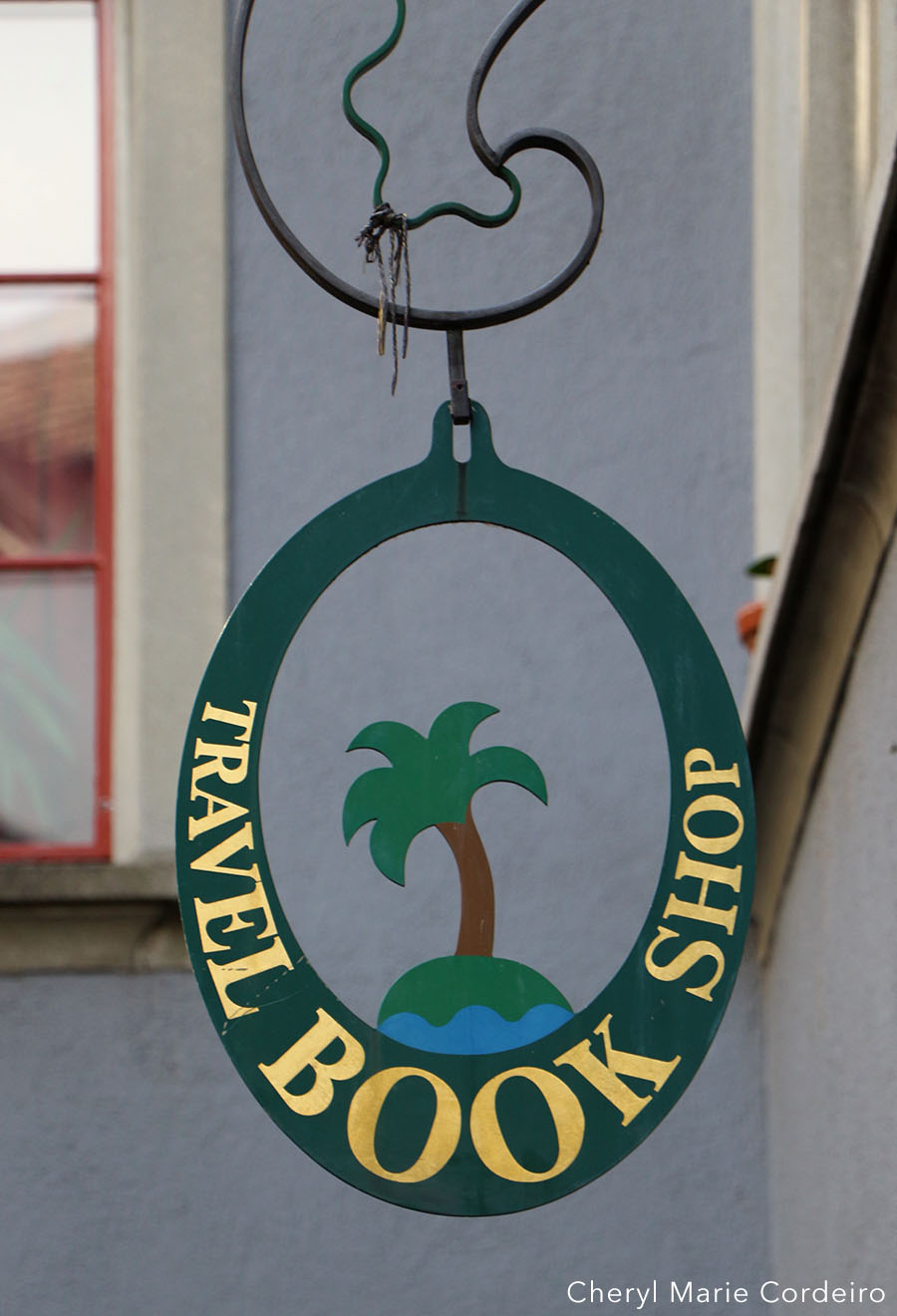A travel bookshop in the heart of the old city of Zürich, Switzerland.
Text & Photo © CM Cordeiro, Sweden 2015
I read with interest a 2006 research article by Grupo de Estudio de Sistemas Integrados [1] in Argentina on the topic of transdiciplinary unified theory that discussed the importance of establishing a common language of transdisciplinarian concepts, defined as a language of “interconnected significant isomorphies” [1:621] not just among systems but among our understanding of models of systems. The push towards this new practice of research methodology has been generally founded in the workings of Industry 4.0, where changes in the knowledge demography that comes with more dispersed and varied education systems contribute to a shift in the landscape of knowledge production in the era of the global knowledge economy [2].
A starting point for scholars could be establishing a common understanding and definition of the words interdisciplinary, multidisciplinary and transdiciplinary in the context of academia, in order to facilitate more effective meaningful exchanges of ideas on systemic theories and complexity management. In general, transdisciplinarity foregrounds an integrated, holistic perspective [3-5] that recognises systemic behavioural patterns as organic and evolving.
